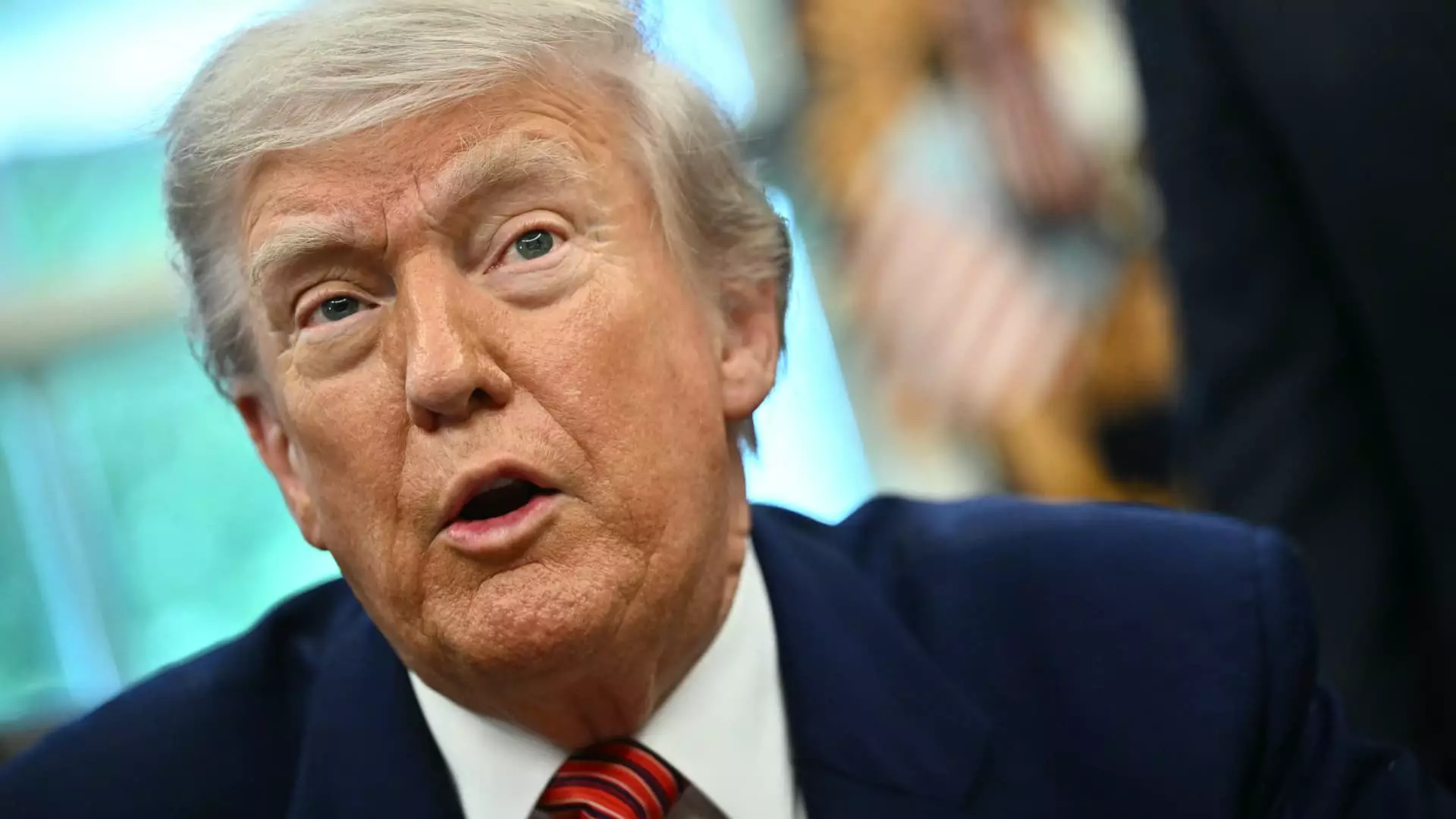When President Donald Trump addressed the U.S. Military Academy at West Point, he rolled out a narrative that was as much a defense of his military policy as it was a campaign rally. Dressed in the familiar red cap that has come to symbolize a wave of divisive populism, Trump claimed the graduates were the vanguard of a “golden age” in America. This idolatry of American exceptionalism obscures the fact that true greatness isn’t found in bombast but in responsible governance and international cooperation. By presenting his administration’s military policies as unparalleled triumphs, Trump sets an unrealistic standard that further entrenches toxic nationalism rather than inspiring genuine progress.
The Myth of Military Superiority
Trump’s assertion that he has “rebuilt” the military draws attention to a troubling characteristic of his presidency: the conflation of military might with moral authority. While it is undeniable that the U.S. military possesses extensive resources and technological prowess, the question remains whether strength alone equates to respect. Fostering an “America First” ideology leads to a dangerously narrow worldview, one that neglects the necessity of diplomacy and the reality that military action often requires justification beyond mere power. Illusions of invincibility, as presented by Trump, can encourage reckless decisions that may endanger lives and neglect our allies.
A Distracted Leadership
Much of Trump’s rhetoric during the address appeared to recycle grievances against previous administrations, painting past military engagements as disastrous missteps while positioning his approach as the sole pathway to success. Yet, rather than merely vilifying predecessors, true leadership demands accountability and reflection. The military, which Trump insists is the “greatest and most powerful army the world has ever known,” should be a force for good that uplifts versus one that seeks retribution. By denigrating past efforts under the guise of “nation-building,” he risks undermining the sacrifices of countless service members who have sought to foster peace abroad.
A Dangerous Retreat from Inclusivity
Moreover, Trump’s focus on dismantling diversity, equity, and inclusion programs within military academies raises serious ethical concerns. The elimination of cultural clubs and the removal of literature addressing racism and sexism convey a dangerous message: that the experiences of diverse groups are unwelcome in a space that should embody representation and unity. His attempts to “liberate” troops from what he calls “divisive and demeaning political trainings” ignore the very real imperative for military personnel to understand the complexities of the world they may be thrust into, which often includes navigating issues around race, culture, and identity. Ignoring these discussions not only weakens the institution but potentially endangers lives by fostering ignorance.
In the end, Trump’s elaborate rhetoric means little when juxtaposed against the pressing realities that face our nation and the world at large. The graduates of West Point stepped into an arena that should inspire courage and collaboration, not one clouded by arrogance and self-aggrandizement. It is imperative for leaders to remember that true strength lies not just in military might but in the ability to unite, listen, and strive for a better tomorrow—an ideal that Trump’s vision increasingly seems to forsake.


Leave a Reply